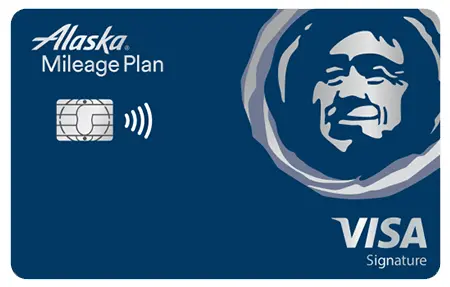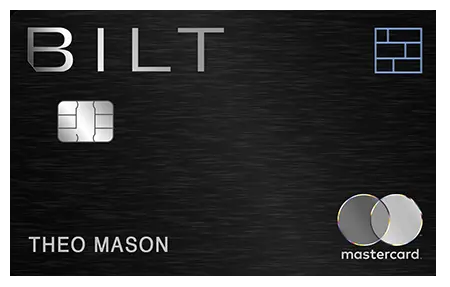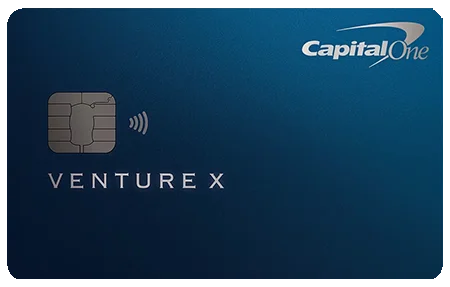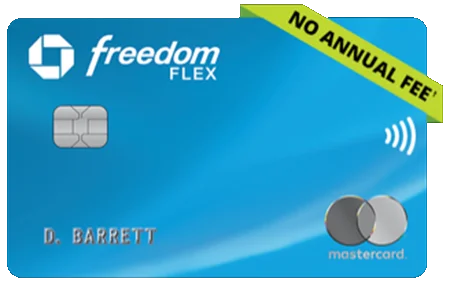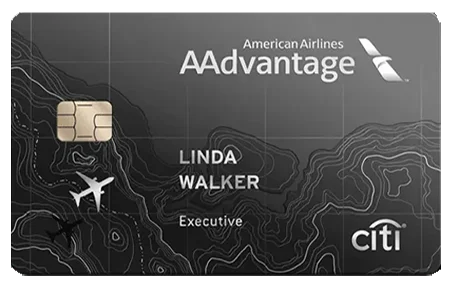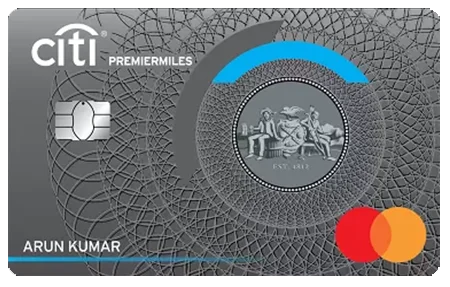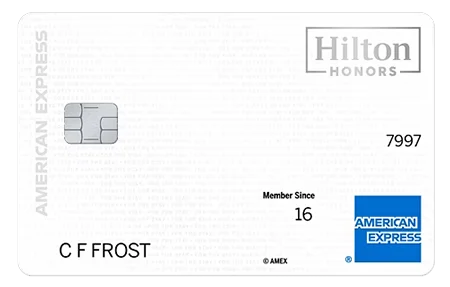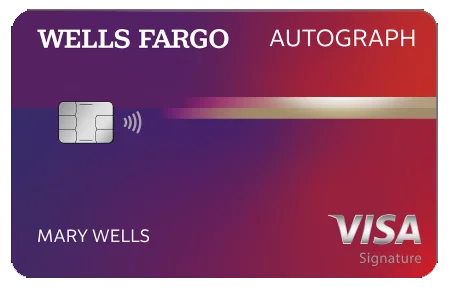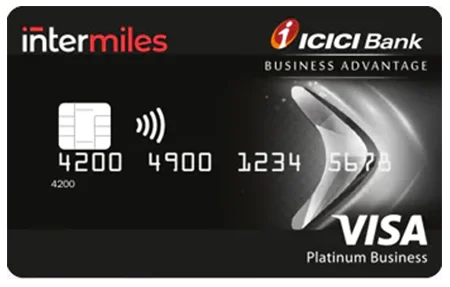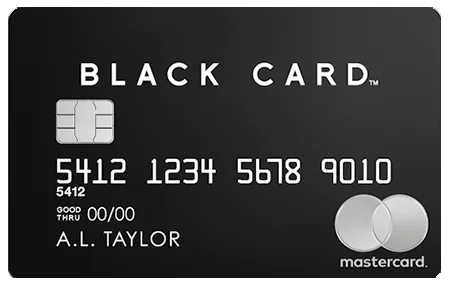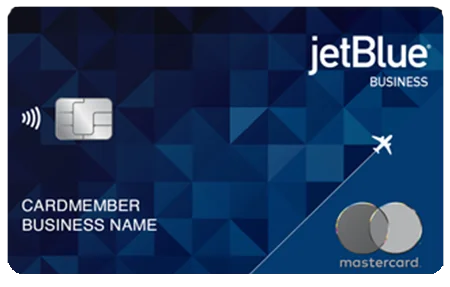Travel Credit Cards for International Travellers
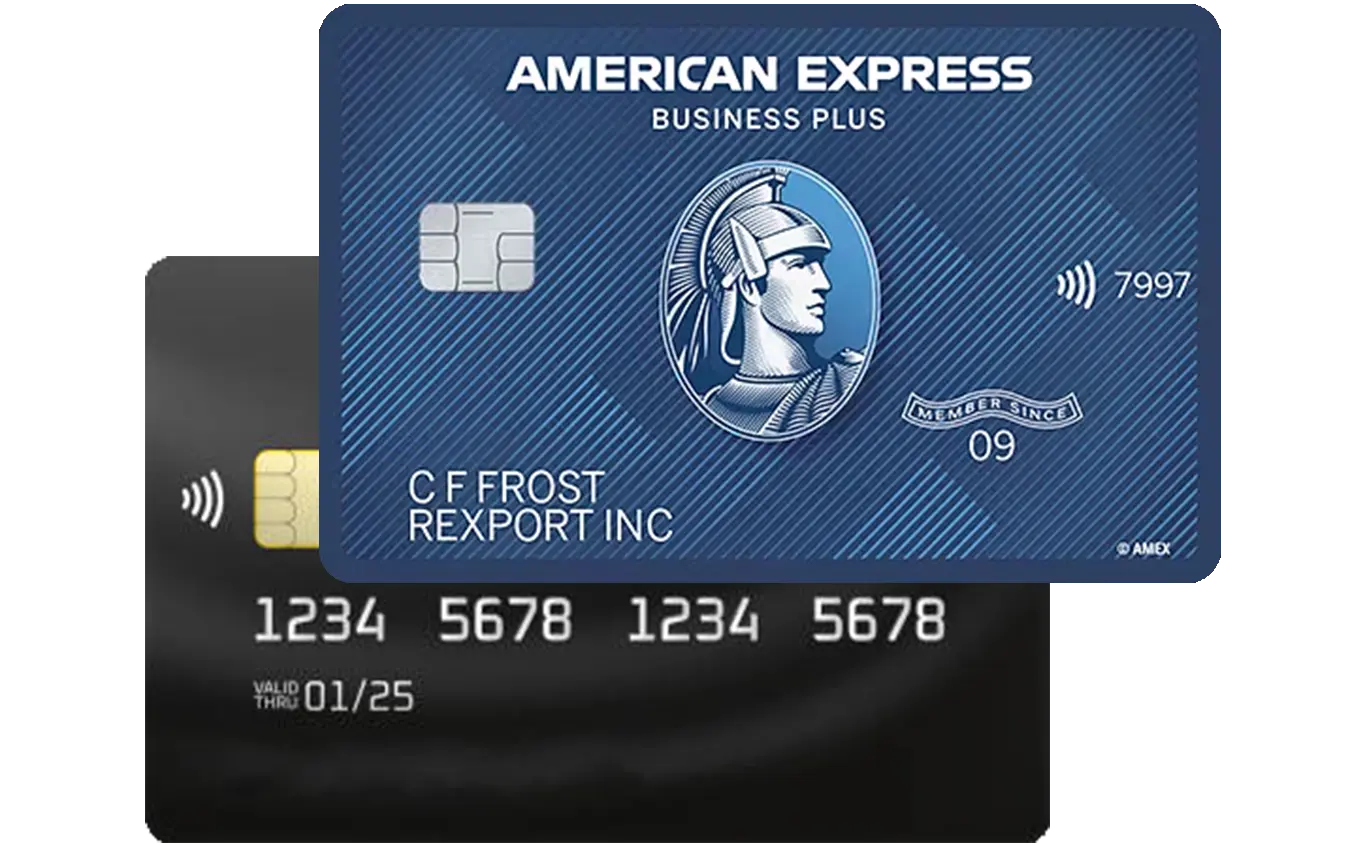
Maximize Your Travels with the Best Credit Cards
Planning that dream vacation but don’t know how you’ll pay for it? The right travel credit card can make your trips easier and more affordable.
Choose from the best travel credit cards overall as well as recommendations based on your specific travel spending habits and goals. Follow the application link and maximize the benefits.
Let our years of experience with travel rewards programs guide you to the right card to make your next vacation or getaway truly epic. The destinations are calling – and the right card can get you there for less! Check out all our recommendations now and travel more while spending less.
Best International Travel Credit Cards
- 40,000 bonus miles
- 3x miles on Alaska Airlines
- No annual fee*
- Bonus miles on Airlines
- Redeem points on flights, hotels
- Preferred Flight boarding
- Upto $500 annual credits
- 4x points on travel Spends
- Points trasfer to airline/hotel
- Cashback on travel and dining
- $100 travel credit/year
- $95 annual fee
- Reward points on purchases
- No foreign transaction fees
- No annual fee
- Earn points on rent payments
- Cell phone protection up to $800
- No annual fee
- Unlimited cash back
- No annual fee
- 0% intro APR*
- 2X miles on every purchase
- 10X miles at hotels & rental
- $100 fee credit for Global Entry
- 5X miles on flights
- $300 annual travel credit
- Airport lounge access
- 5% cash back
- 3% on dining and drugstores
- No annual fee
- 3x points on key spend
- 25% more value points
- Cell phone protection
- 5x points on flights
- 10x points on hotels/cars
- Airport lounge access
- Elite status benefits
- No foreign transaction fees
- $39 annual fee
- Up to 7x miles on Airlines
- Annual $200 Airline Fee Credit
- Airport lounge access
- 3x points on travel and dining
- Transfer points to partners
- No foreign transaction fees
- 2x SkyMiles on purchases & restaurants
- $100 Delta Flight Credit each year
- Priority boarding on flights
- Hilton Honors Silver status
- Upto 6x points on stays & flights
- Free weekend night per year
- 10x points at IHG hotels & Resorts
- Free Anniversary Night each year
- Platinum Elite status
- 3x points on dining, gas & travel
- No annual fee
- Transfer points to airline partners
- 6x InterMiles on flights & hotels
- Welcome bonus & anniversary miles
- No foreign transaction fees
- Airport lounge access worldwide
- Travel insurance and concierge services
- Premium rewards and exclusive offers
- Earn points on hotel stays
- Redeem points for free nights
- Elite status benefits
- 6x points on purchases
- Priority boarding flights
- 25% off in-flight purchases
- Airport lounge access worldwide
- Travel insurance and concierge services
- Premium rewards and exclusive offers
- Earn points on hotel stays
- Redeem points for free nights
- Elite status benefits
- 6x points on purchases
- Priority boarding flights
- 25% off in-flight purchases
Travel Credit Cards FAQs
Q. What are the best signup bonuses available right now for travel credit cards?
The most lucrative travel card welcome offers I’ve seen provide 60,000-100,000 points or miles, worth $750-$1,500 typically. Top bonuses are with the Chase Sapphire Preferred (60k points for $4k spend) and Capital One Venture X (75k miles for $4k spend). Both points/miles can cover $750+ in travel if redeemed wisely. Check for special increased targeted offers too when possible, like 100k points from Amex Platinum or Chase Sapphire Reserve available for some applicants via certain links.
Q. How often do travel credit card signup bonuses change?
Bonuses fluctuate a few times per year, often ramping up in competition for attention during peak consumer seasons like summer vacation or the winter holidays. Issuers also periodically run elevated limited time promotions to spur applications when business is slower, then scale back again. Following credit card news sites can alert you to the latest updates. With patience, applying at the optimal bonus rate for your preferred card can mean 25-50% more value.
Q. What is the minimum spending required to earn most signup bonuses?
Between $3,000 – $5,000 in purchases made within the first 3 to 6 months is about average for most travel cards’ bonus thresholds. Premium travel rewards cards aimed at frequent flyers sometimes require up to $10k spending for the top tier bonuses. The amount correlates with the bonus size — lower bonuses like 30,000 points can be earned via $2k spend, while the top 5-figure bonuses require meeting higher minimums. Assess your typical monthly expenditures before applying to pick a bonus you can realistically attain.
Q. Which bonuses are easiest to earn with everyday spending?
Cards like the Capital One Venture and the Wells Fargo Autograph that earn 2x-3x points on all purchases make hitting bonuses most attainable. With no category exclusions or caps, every dollar spent helps contribute progress without requiring you to track bonus categories. Compare your average monthly bills and variable expenses to the signup bonus threshold. As long as you don’t drastically alter spending habits, bonuses tied to general purchases tend to be easiest, especially for opening a new card to put household costs like groceries and gas on while earning the incentive.
Q. Do I lose my signup bonus if I downgrade or cancel the card?
The signup bonus is tied to when you first earn it, not keeping the card long-term. So if you meet the minimum spend requirement within the specified timeframe, the standard points or miles earned, along with any enhanced signup bonus, will post to your account and remain yours even if you later decide to close the card. You can feel free to cancel a card with an annual fee after Year 1 if you’ve already gotten the opening offer. Downgrading to a no-fee card from the same provider also keeps your points.
Q. Can I earn multiple signup bonuses for the same card by applying again later?
Issuers now impose tighter restrictions, but it may be possible to earn the same card’s signup offer again if it has been a couple years since you last got approved and took the bonus. Some providers like American Express impose strict once-per-lifetime language, but more flexible issuers simply require anywhere from 2-7 years before welcoming repeat customers. Repeating cards periodically to refresh bonuses allows maximizing value long-term.
Q. What credit card earns the most points/miles for airfare purchases?
The Platinum Card from American Express offers a strong 5x Membership Rewards points per $1 spent booking flights directly with airlines or through Amex Travel. The Capital One Venture X also earns 2x miles on all purchases plus a 10x airline miles bonus, adding up to 12x miles per $1 on flight bookings. Maximizing such bonus category cards specifically for airfare spending accelerates earning airline miles rapidly.
Q. What card offers the highest rewards rate for hotel bookings?
Top honors for hotel rewards go to co-branded hotel credit cards like the World of Hyatt Credit Card, which earns 9x points per $1 spent with Hyatt directly along with 4x points on dining, flights, and gym memberships. That uncapped 9 points per dollar return outranks competing hotel cards.
Q. How can I maximize rewards with travel card bonus categories?
Taking advantage of bonus earn rates like 5x points on flights or 3x on groceries and gas means adjusting spending tendencies to fit the higher rewards categories. Track bonus caps too – some apply quarterly or annually. Funneling expenses through the card best aligned to already-frequent purchases makes earnings add up quickly with no extra effort.
Q. Which cards offer bonus rewards on dining or entertainment?
Popular options providing strong rewards for dining and entertainment spending are the Capital One Savor family (4% cash back) and the Chase Sapphire Reserve (3x Ultimate Rewards points).
Q. Are there cards that allow transferring points to airline/hotel partners?
Yes, flexible point programs like American Express Membership Rewards, Chase Ultimate Rewards, Citi ThankYou Points, and Capital One miles all allow transfers to various airline and hotel partners to enhance redemption value.
Q. What strategies can help me earn points faster?
Paying attention to bonus categories, working toward minimum spends for signup bonuses, making quarterly category bonuses recur, referring friends/family, leveraging mobile wallet offers, and pairing credit cards with loyalty programs can all accelerate earn rates.
Q. What are the annual fees for top travel rewards cards?
Annual fees for premium travel cards fall between $95 for mid-tier options up to $695 for ultra premium cards. Top cards have fees around $250 (Chase Sapphire Preferred) up to $550 (Chase Sapphire Reserve, Platinum Card from American Express). Compare value of perks to the fee.
Q. Do any travel cards waive the annual fee the first year?
Many issuers offer intro annual fee waivers the first year on premium cards to ease the transition. For example, excellent welcome offers right now on the Chase Sapphire Preferred and Capital One Venture X both waive the annual fee for the first 12 months.
Q. What foreign transaction fees do different travel cards charge?
Fee-free foreign transaction cards include Capital One and Discover. Typical fees run around 3%, but premium travel cards like Chase Sapphire and Amex Platinum tack on no extra charges.
Q. Does the annual fee outweigh the perks and rewards I will earn?
Estimate your card’s dollar value benefit based on statement credits, airline fees reimbursed, rewards bonus modifiers, and your eligibility to utilize credits like lounge access or travel insurance perks to determine if the math justifies the fee long-term.
Q. Can I request a waiver or reduction of the annual fee?
Calling to request a retention offer when the annual fee posts can result in fee waivers, discounts, or bonus points to offset the cost. Be a loyal customer and politely ask – issuers want to keep you happy.
Q. Are there added fees for account maintenance or cash advances?
Aside from foreign transaction fees and cash advance fees around 5% with most cards, authorized user charges can apply. But there should be no general account maintenance or balance transfer fees with simple travel rewards credit cards.
Q. Which credit cards offer the best travel insurance benefits?
Premium travel cards like Chase Sapphire Reserve and AmEx Platinum provide the most comprehensive travel coverage. Perks can include trip cancellation/interruption insurance, lost luggage reimbursement, rental car damage coverage, and travel accident insurance. Some airline credit cards also offer useful protections.
Q. What trip delay or cancellation protections are offered?
You can receive reimbursements for covered costs if a trip is cancelled/delayed for a covered reason, including illness. Qualified premium card travel insurance regularly reimburses reasonable expenses – up to limits like $10,000 per person and $20,000 per trip. Terms differ slightly.
Q. Do travel cards cover lost luggage or rental car insurance?
Yes, premium travel card coverage often reimburses lost, damaged, or stolen luggage, with coverage limits usually up to $3,000 per passenger. Rental car collision damage waiver is also commonly offered.
Q. How does coverage compare between premium and no-annual-fee cards?
While basic cards may offer rental car coverage, only premium travel rewards cards tend to provide strong travel insurance and protections. The high annual fees offset these significant benefits.
Q. What documentation is required to file a claim?
Documentation like receipts for unexpected expenses due to trip delays plus documentation from airlines about cancellations helps support successful claims repayment.
Q. Can I receive compensation for a missed connection or interrupted vacation?
Yes, the trip delay/interruption coverage through premium card travel insurance can reimburse reasonable unplanned expenses – like hotels, meals, and tickets due to covered interruptions.
Q. What are the best ways to redeem Capital One miles for travel?
Capital One miles offer fixed value for travel purchases made through their portal, or by erasing travel purchases from your statement for approximately 1 cent per mile. Transferring miles to airline partners can offer increased value for premium cabin redemptions. Their Venture X premium card unlocks 18 airline and hotel transfer partners.
Q. Can I transfer American Express Membership Rewards to airline partners?
Yes, a standout feature of American Express MR program is the ability to transfer points to 17 airline partners and 3 hotel loyalty programs once the Platinum or Gold cards are held. This unlocks tremendous value. Popular transfer options are Delta SkyMiles and Emirates Skywards. Comparing transfer rates helps select the best program.
Q. What is the value of Chase Ultimate Rewards points?
Industry valuations often peg Chase points around 1.5 to 2 cents per point when transferred to valuable airline and hotel partners instead of taking the baseline 1 cent cash redemption rate. Partners like World of Hyatt, United MileagePlus and Southwest Airlines provide opportunities for outsized value redemptions compared to baseline cash rates.
Q. What airlines and hotels can I transfer points/miles to?
Chase Ultimate Rewards transfer to 13 airline and hotel programs, Amex MR connects with 20 partners, Citi ThankYou can move to about 15 airline transfer options. This allows moving points earned on everyday credit cards over to directly book premium travel partner awards.
Q. Are there blackout dates or capacity controls on rewards bookings?
Historically common, blackout date restrictions have eased across airline/hotel programs over time. Point costs align dynamically to revenue rates, so prices reflect demand. Basic economy reward tickets can prohibit changes still in some cases.
Q. How can I maximize the value of my points and miles?
Maximizing value requires first transferring points from credit card programs to airline/hotel partner programs before booking to unlock better redemption value. Being flexible on dates/destinations also controls costs. Use points for aspirational redemptions like international business class flights that offer exponentially higher value over economy cash fares.
Q. What credit score is needed for most travel rewards cards?
While each bank differs slightly, you can get approved for starter travel card options with scores around 660. But for premium rewards cards with rich perks and signups bonuses, you’ll need 740+ credit scores for the best approval odds and terms. Checking your score through a site like Credit Karma first is wise.
Q. Are there any travel cards easier to get for average credit?
The Bank of America Travel Rewards card and Wells Fargo Propel American Express Card make attainable options for average credit in the 670-720 score range. Though rewards are modest, they offer simple travel redemption value without blackout restrictions to book budget trips.
Q. How many credit card applications are too many for approvals?
Applying for more than 2-3 cards in a 6 month timeframe risks denials as banks get leery of customers seeking significant new credit fast. Every application also causes a hard pull that dings scores slightly. Restrain applications to less than 5 per year, allowing 6+ months between new card applications.
Q. Will opening new cards hurt my credit score?
The impact is generally minimal (under 20 points) temporarily. Optimize applications by spacing them out, paying balances promptly, and having credit mix. Inquiries fall off reports after 2 years also.
Q. What information do I need to provide in a card application?
Essential details are your name, birthdate, social security, address, annual income, and contact info. Submitting more than the minimum helps improve thin credit file odds. Authorizing a hard inquiry proves you have nothing to hide.
Q. How can I improve my chances of getting approved?
Pay all balances on time, restrain new credit applications, and allow at least 6 months of credit history before applying again. Trim credit utilization below 30% on all cards, and boost credit scores over 720+ range for the best travel card approval success.
Q. How have travel cards adjusted policies due to the pandemic?
Issuers have extended protections like allowing complimentary changes/cancellations, delaying expiration of airline/hotel points, and enhancing limited-time perks such as statement credits towards streaming services and wireless bills as cardholder relief incentives. COVID-specific coverages also launched.
Q. Have card signup bonuses or annual fees changed lately?
After cutting some premium card perks and bonuses earlier in the pandemic, travel card offers have largely rebounded to pre-pandemic levels in 2022/2023. Issuers want to incentivize spending as recovery continues. Some have still tweaked multi-year bonus restriction rules as spending habits shift.
Q. What new cardholder benefits address COVID-19 concerns?
Cards have introduced positive trip protections like emergency evacuation coverage, generous goodwill policies for date changes, discounts supporting social distancing like rental car elite status, and limited-time credits offering cash-equivalent perks usable during travel restrictions.
Q. Are travel rewards still valuable with travel restrictions in place?
Yes, today’s historically high inflation makes the outsized value of points/miles for aspirational travel extremely valuable long-term. Banking rewards now for when borders fully reopen pays off. Brand credit cards also provide retailer value regardless of travel ability.
Q. Have expiration policies changed for points/miles due to reduced travel?
Many programs have temporarily paused points from expiring through 2023-2024. Expiration dates stretch to 2+ years now in many rewards programs to offer leniency. Brand-specific credits have also lengthened validity too.
Q. How flexible are airlines and hotels being with date changes?
The industry has implemented very flexible goodwill rebooking policies eliminated change fees allowing complimentary date shifts, route changes, and cancellations due to the extenuating circumstances.
Q. How do Chase Sapphire Preferred & Reserve compare on earnings/perks?
The Reserve earns 3x points on travel/dining versus 2x for the Preferred. Both enable valuable transfers to partners. But the Reserve justifies its $550 fee via credits like $300 travel reimbursement and lounge access. Evaluate your spend and usage to determine if the added perks warrant the Reserve’s steeper fee.
Q. What other banks offer valuable transferable point currencies?
American Express, Citi ThankYou, Capital One, and US Bank also offer flexible points transferable to airline/hotel partners. Different partners provide unique value, so consider transfer routes before you commit to a program long-term.
Q. Which is better: an airline card or a general travel card?
Airline cards provide free checked bags, priority boarding, annual companion fare discounts, and sometimes lounge access on that carrier. But general travel cards allow booking any airline with rewards, offer better bonus earn rates on broader purchases, provide flexible redemptions, and high signups. Evaluate airline loyalty.
Q. How do hotel co-branded cards compare in free night awards?
Hilton and World of Hyatt cards stand out with a free weekend night annually just for holding the card. Marriott offers an annual free night certificate only on premium cards via higher annual fees. Most also provide another free night certificate upon each account anniversary when renewing the card.
Q. What pros and cons do business vs. personal travel cards have?
Business cards don’t impact your personal credit utilization or score. They offer welcome bonuses too. However, required documentation like tax IDs differ from personal card applications. Rewards earnings may need to comply with tax rules as well on corporate spend. Assess what works best for your scenario.
Q. Are luxury travel cards worth the high annual fees?
Cards granting high-end perks like airline elite status, airport lounge access, luxury hotel elite benefits, and travel credits/protections often demand high annual fees starting around $450. Valuing these exclusive privileges on what they would otherwise cost determines if the luxury card ROI justifies the annual expense.

